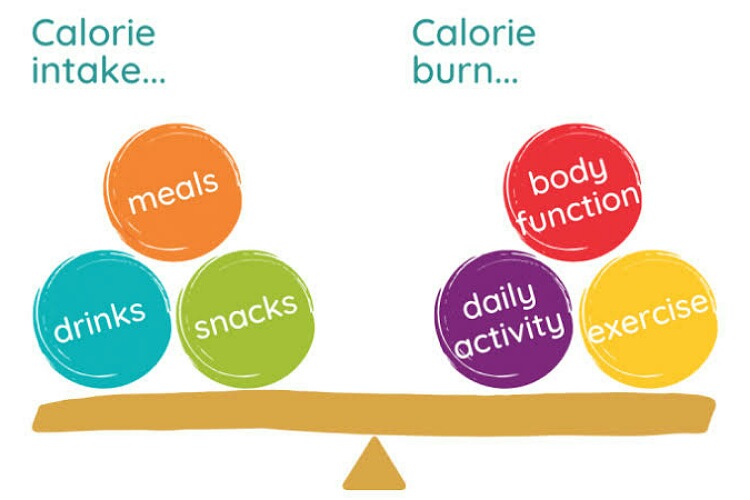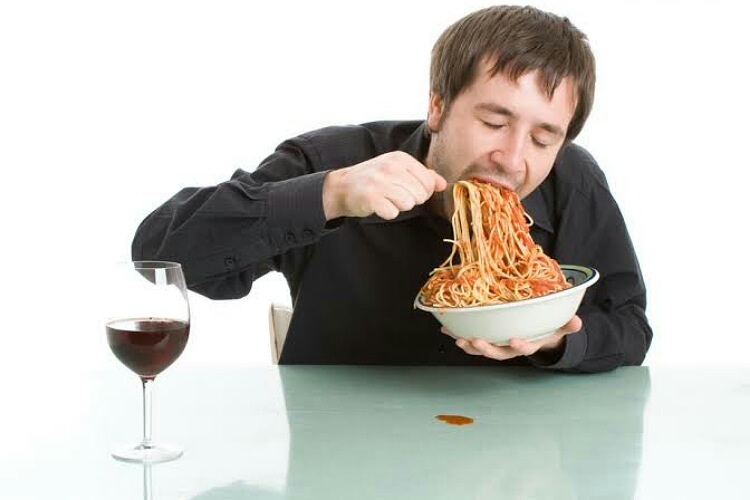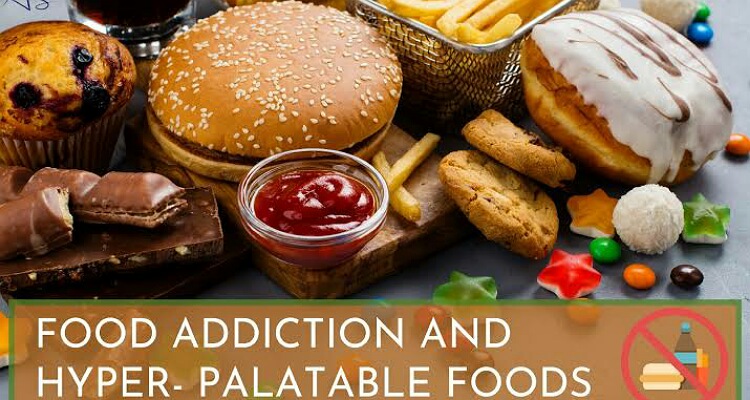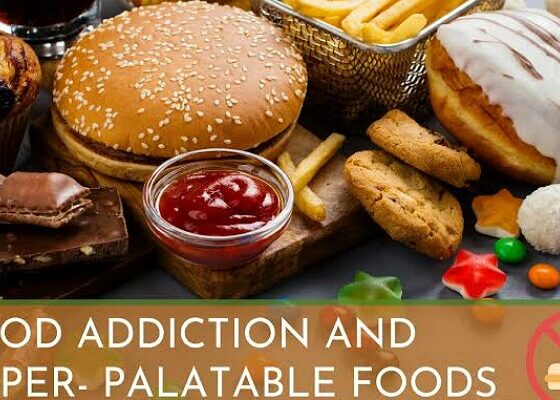Food caloric intake varies and is dependent upon certain factors. These affect the body fat and weight gain. A new study in the journal, Nature Food revealed that there are three factors that can affect the intake of calories in an individual. Which are these three factors?
Food caloric intake and governing factors
After 1975, there has been a three fold rise in the number of cases of obesity worldwide. And in the USA, between 2017 and 2022, there were 41.9% of the population suffering from excessive weight. And the main reason for this was increase in calories consumption. Hence, if one has to address the problem of obesity, it is essential to look into the dietary practices that cause this raised calories consumption. What causes a person to eat more?

Earlier studies have shown that eating very fast and consuming high energy foods can cause greater food intake. And also, hyper palatable foods lead one to overeat and this leads to weight gain. On the other hand, higher protein is associated with higher satiety and lowered food and calories intake.
The exact study details
Hence, researchers from the USA decided to look at meal characteristics that trigger overconsumption. This new study is published in the reputed journal, Nature Food. The research team recruited 35 adults into two inpatient feeding studies. The age group was 18 to 50 years. All participants had stable weight for the last 6 months.
They were given two types of diets in seven days rotation: a minimally processed with variable carbs and fats content and a diet with moderate amounts of carbs and fats but variable in processing. They could eat ad lib these diets.

The researchers had data of the 2733 meals and this included their energy density, the protein levels, and percentage of hyper-palatable foods consumed (those that were high in fat, sodium, fat, and sugar, or high in carbohydrate or salt). The speed of eating was also recorded for each participant.
The study findings
The study highlighted that three factors influenced the caloric intake. These were the rate of eating, amount of hyper-palatability of foods and the energy density of the foods. Ultra processed foods with moderate amounts of carbs and fats got eaten more even when their protein content was high.

Higher protein consumption in an earlier meal led to more energy intake in subsequent meals of low carbs and low fats. But if the subsequent meal was ultra processed, there was reduced intake of calories. Prof. Alberto Ascherio was not part of the study. But the professor of epidemiology from the Harvard TH Chan School of Public health says:
“I am not surprised by the findings — this is what I would have expected,”
Read here: What is leek soup diet? Calories, advantages, risks!
He added:
“‘Hyper-palatable foods’ means just that — that they are designed to make you eat more. The food industry works hard to design these foods, with several tasting rounds to perfect the recipe, and the most reliable measure that you like a food is that you eat more.”
